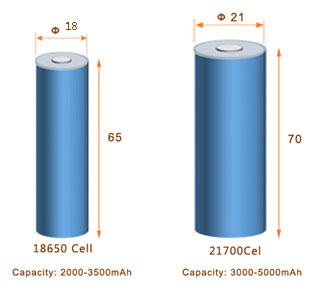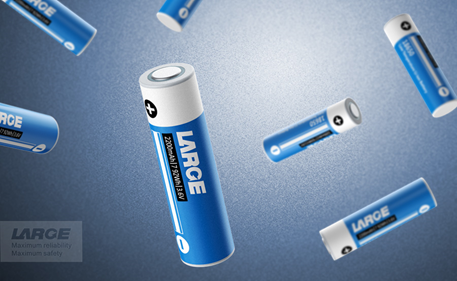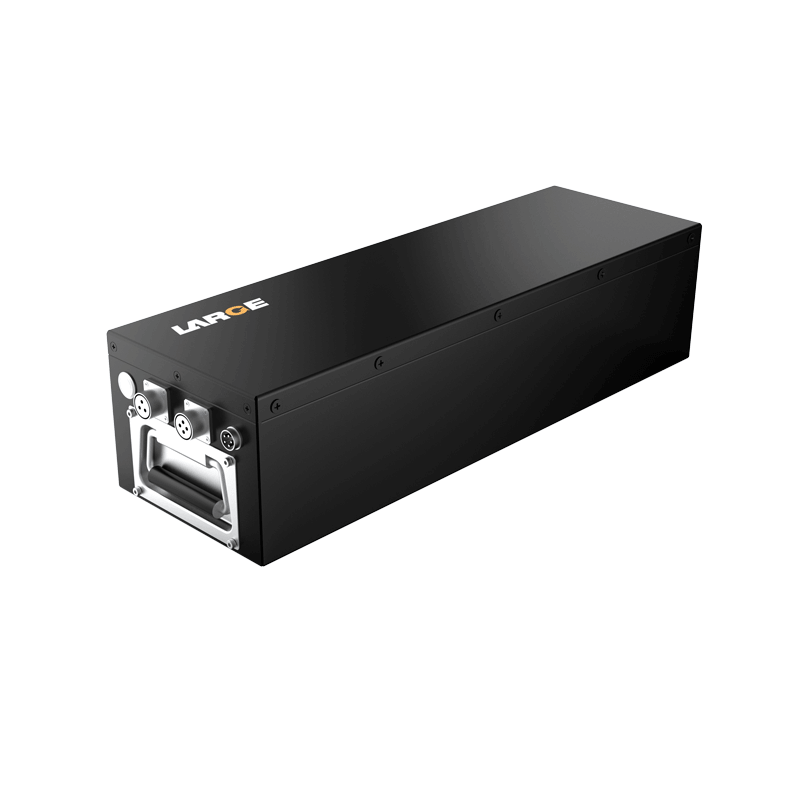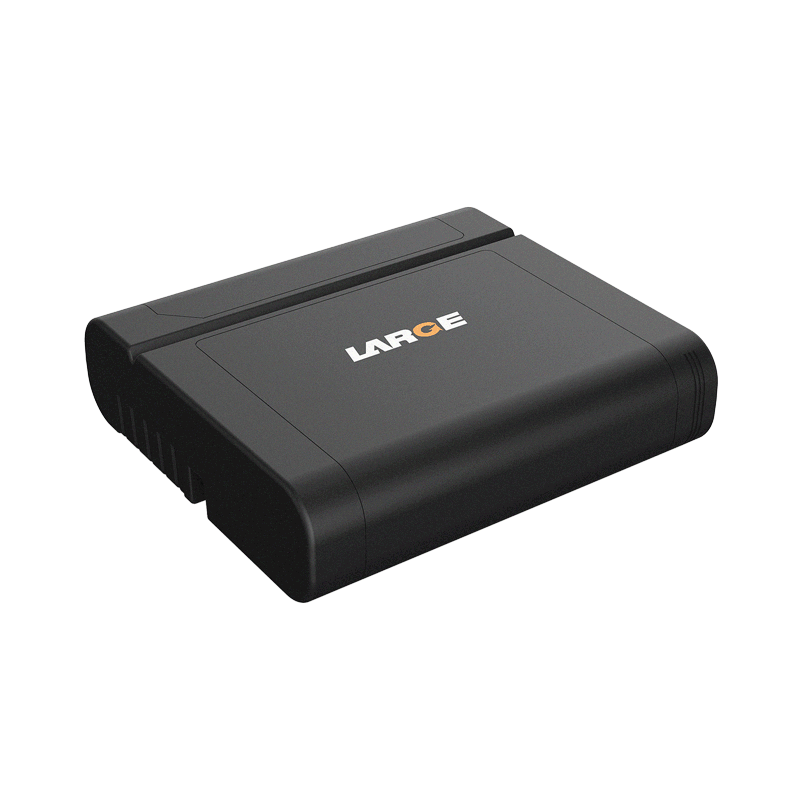18650 vs 21700 Battery-Definition, Differences, and Applications
May 05, 2022 Pageview:11118
Through the comparison of 18650 battery and 21700 battery, this paper analyzes the similarities, differences, advantages and disadvantages of the two batteries in detail. If you want to buy 18650 lithium battery, please check our 18650 products list.

Introduction
“18650” and “21700” are both lithium-ion batteries.
Lithium-ion batteries replaced nickel-cadmium batteries. They were first introduced by SONY and were chosen for their high energy density and safety. Lithium-ion batteries were considered a breakthrough technology as they led to the development of special batteries which could deliver very high current. This led to the design and development of many appliances and tools which high power requirements.
Lithium-ion batteries are relatively safe and can be charged quickly. They are used in many appliances we use in our day-to-day life.
There is a raging debate, particularly on the internet, about the pros and cons of the 18650 Lithium-ion battery as against 21700 Lithium-ion battery. It makes no sense to start a generalized debate on this topic as is usually seen on the internet.
There are too many variables in this debate that do not make for an apples-to-apples comparison. You may have to consider the industry, the application, and the devices we are talking about to have a sane debate on the topic.
Definition
18650 battery: 18650 batteries are rechargeable lithium-ion cells that are 18mm in diameter and 65mm in length. It is a no-brainer that they are smaller than the 21700 Lithium-ion Battery.
21700 Battery: 21700 batteries are rechargeable lithium-ion cells. Lithium-ion cells follow a nomenclature based on their diameter and length. 21700 batteries are 21mm in diameter and 70mm in length; so the name 21700.
Differences between 18650 and 21700 Lithium-ion Battery
Size: This is the most obvious difference between the 18650 and 21700 Lithium-ion Batteries. Whether this is a factor in choosing between them for applications, is a question which needs to be taken up separately.
Capacity: The general rule in lithium-ion batteries is a higher capacity for a bigger size. This is not so difficult to understand. However, larger batteries need more time charging time.
Energy: More energy means more runtime for batteries and this is measured in mAH. 18650 batteries have mAH in the range from 2000 to 3500. 21700 batteries have mAH in the range of 3000 up to 5000 mAh. Some unprotected Lithium-ion batteries claim higher mAh for both batteries but are unreliable.
Gravimetric Energy Density: Weight efficiency of a battery is measured using this unit. It measures how much energy a battery produces as a ratio of its weight. 18650 batteries have a Gravimetric Energy Density of around 223 Wh/kg while 21700 batteries are in the 218 Wh/kg range. There is not much to choose in terms of weight efficiency between the two batteries.
Volumetric Energy Density: This is a measurement of space efficiency and indicates how much energy a battery has in comparison to its volume. 18650 batteries have Volumetric Energy Density of around 610 Wh/L while 21700 batteries are in the 590 Wh/L range.
Key Features of 18650 Lithium-ion Battery
Efficiency: 18650 Batteries are highly efficient. They have a good balance between energy produced and the continuous discharge rate.
Good Value: 18650 Batteries have the largest market share among all batteries. This has made manufacturing 18650 batteries economical.
Improvements: There have been continuous improvements in the capacity and efficiency of 18650 batteries year-on-year. More efficient battery packs are emerging making it a good choice for emerging technologies.
Safety: 18650 batteries are generally safe. However, in recent years, due to reports of explosion on-board aircraft, there are many restrictions on transporting these batteries. This is something to keep in mind when you are choosing a battery pack.
Key Features of 21700 Lithium-ion Cell
High energy Density: This makes it a good choice to higher capacity battery packs.
Low Priming: A new battery can be charged quickly and does not need prolonged charging.
Expensive to manufacture: 21700 Lithium-ion cells are expensive to manufacture. This also due to their higher capacity output.

Do 18650 and 21700 Battery have different applications?
Different appliances and products have different requirements of current, energy, volume and weight efficiency. There are variations in the performance of 18650 and 21700 Batteries depending on the build quality.
There is a high degree of customization and both these batteries have been developed in high-performance battery packs for cutting edge tools, appliances and vehicles.
Applications of 18650 Lithium-ion Battery: 18650 Batteries are commonly used in Laptops, Electronic devices, UAVs, Flashlights and in electronic-cigarettes (Vaping). Some electric cars also use 18650 Lithium-ion battery pack. Tesla has routinely used 18650 battery pack of 7104 cells manufactured by Panasonic.
Applications of 21700 Lithium-ion Battery: 21700 Batteries are also used in Flashlights, electric bikes, cars, electronic-cigarettes, power tools, electric wheel chairs, Golf-carts, etc.
Final Points:
There is not much to choose between the 18650 and 21700 lithium batteries in terms of efficiency and output. The quality of the battery depends on the brand and manufacturer credentials. You should carefully consider these and safety factors before choosing the battery pack for your device.
Leave Message
Hottest Categories
-
Hottest Industry News
-
Latest Industry News











